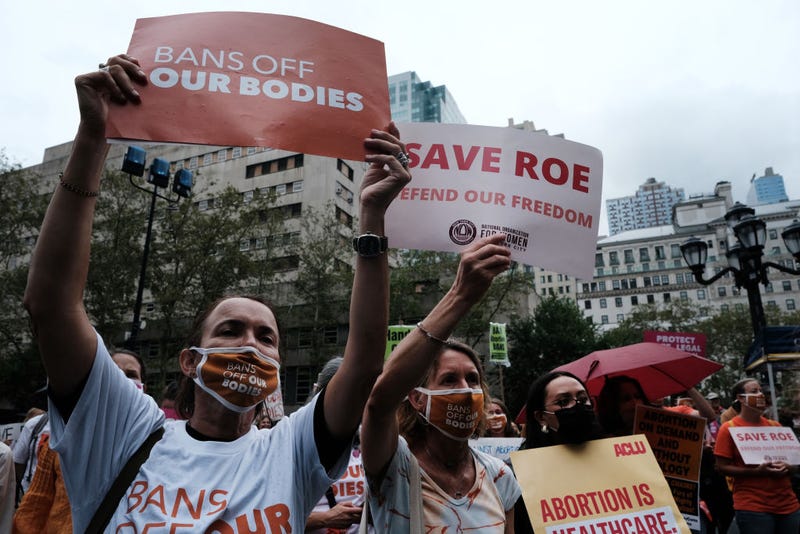
A federal judge blocked Texas from enforcing its ban abortions after six weeks of pregnancy Wednesday and just two days later an appeals court brought it back.
The 5th U.S. Circuit Court of Appeals temporarily allowed Senate Bill 8, a near-total abortion ban, to be enforced again late Friday. The ban will remain in effect until at least Oct. 12, when the Department of Justice is expected to reply to the ruling.
Senate Bill 8 is one of the most restrictive abortion bans in the nation.
For five weeks before the ban was frozen, health providers had to turn away hundreds of people seeking abortions, said NPR. Women typically find out they are pregnant when they are dour to seven weeks along, said the American Pregnancy Association.
In 1973, the Roe v. Wade Supreme Court decision legalized abortions nationwide before fetal viability, which is around 24 weeks of gestation.
Texas lawmakers drafted the Section Bill 8 to be enforced by private citizens, meaning anyone can sue someone they believe provided an abortion after “cardiac activity” was detected for a minimum of $10,000 in damages. Anyone who “aids or abets” someone who gets a procedure can also be held liable and people who don’t live in Texas can sue.
Mississippi passed a law attempting to prohibit all abortions after 15 weeks in 2018. It never wet into effect because a federal appellate court blocked it. This was possible because the Mississippi law was written to be enforced by the state, not by private citizens.
The Supreme Court is expected to hear a case regarding the Mississippi law on Dec. 1, said CNN.
When the Texas law was first going into effect, the Supreme Court declined to intervene. Though abortion providers have petitioned the court since, there has been no response as of Friday.
Due to fear of litigation, many abortion services in Texas have disappeared as of this week.
Amy Hagstrom Miller, the CEO and founder of Whole Woman's Health, said her staff had been living with the fear of being sued, according to NPR.
“These folks don't have attorneys or funds to hire attorneys,” she explained. While providers not able to serve people looking for federally-sectioned abortions, Hagstom Miller said they are facing financial strain and could be forced to close.
“If clinics close because [the bill] is enforced long enough,” Hagstrom Miller said, “the damage will be done, even if it's eventually struck down.”


